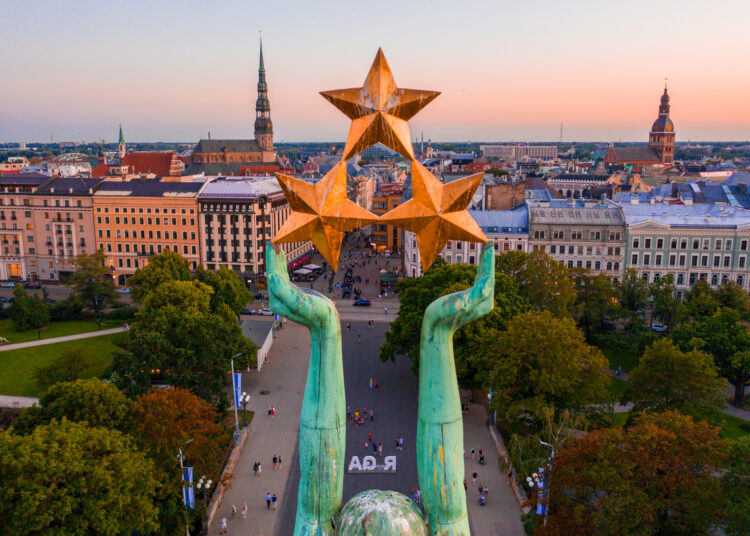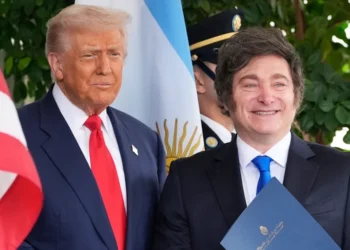The Latvian government has announced new restrictions on property purchases by Russian nationals, further tightening regulations in the wake of geopolitical tensions and sanctions against Russia. This move aligns with Latvia’s commitment to safeguard its national interests and ensure compliance with broader EU sanctions policies.
Why Is Latvia Introducing These Restrictions?
Latvia’s decision to limit property acquisitions by Russian citizens stems from multiple factors:
1.Geopolitical Concerns: The ongoing conflict in Ukraine has heightened security sensitivities across the EU.
2.Economic Safeguards: Restricting foreign property ownership helps prevent potential misuse of Latvia’s real estate market for financial gain by sanctioned individuals.
3.EU Compliance: Latvia’s policy aligns with European Union sanctions targeting Russian entities and nationals.
What Do the Restrictions Entail?
The new measures include:
•Ban on New Purchases: Russian nationals will no longer be permitted to purchase real estate in Latvia.
•Review of Existing Ownership: Properties currently owned by Russian citizens may be subject to scrutiny, particularly if linked to sanctioned individuals.
•Exceptions for Residency Holders: Russian nationals with valid Latvian residency permits may still be eligible for limited property purchases, pending case-by-case review.
Impact on the Latvian Real Estate Market
1.Reduced Demand: The ban will likely lead to a decline in demand from Russian buyers, who historically accounted for a significant portion of high-end real estate transactions.
2.Opportunities for Local Buyers: With reduced foreign competition, local buyers may find it easier to enter the market.
3.Focus on Other Foreign Investors: Latvia is expected to diversify its appeal to other international investors, including those participating in the Latvia Golden Visa program.
How This Affects Russian Nationals
Russian nationals looking to invest in Latvia now face significant challenges:
•Limited Access to Real Estate: New purchases are effectively off the table unless exemptions apply.
•Uncertainty for Current Owners: Existing property owners may face increased scrutiny, impacting their ability to maintain or sell assets.
Broader Implications
Latvia’s decision reflects a growing trend among EU member states to limit economic interactions with Russian nationals amidst ongoing geopolitical tensions. These restrictions serve as a clear signal of Latvia’s alignment with EU policies and its dedication to protecting national interests.
Conclusion
Latvia’s move to restrict property purchases by Russians underscores the country’s proactive stance in addressing security and economic concerns. While the decision may impact Russian investors, it also opens opportunities for Latvia to attract more diverse foreign investments and strengthen its real estate market.














